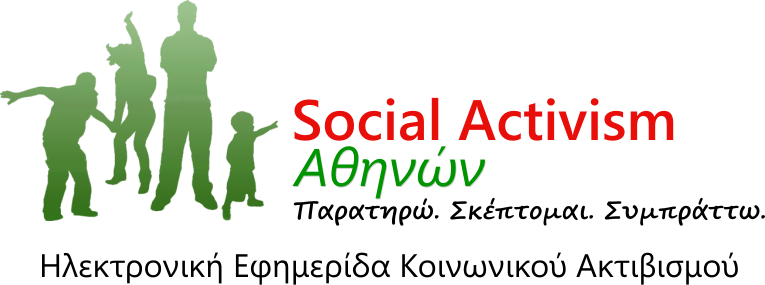
Summary
The Technical Manual indicates the effects & potentials of the Social Economy in organizing Biotourism as a vehicle towards a sustainable regional development.
In the framework of the project “Innovative Practices in Biotourism”, funded by the European Territorial Cooperation Program “Greece – Albania IPA Cross-Border Programme 2007-2013,” the current technical manual was developed based on the design of innovative practices for Biotourism for the cross-border target area of the Municipality of Prespa in Greece and the Κorçë Region in Albania.
The target of this technical manual is to provide the pattern to help reproduce the project’s actions and good practices in collaboration with NGOs to other regions of Albania, Greece and European Union.
Necessarily, the evolution of tourism in the near future follows the new variables of the organization of the society networking, the economic value of the emergence of the third economic sector and the trend for creative social experiences.
Modern consumers of tourism products are becoming more & more experienced, mature and demanding for innovative services and outstanding experiences that only at the level of a creative local community can be offered as an experience through an integrated tourist product.
The methodology for developing all forms of alternative tourism & tourism of social experience through the development of social economy is a new visual and requires innovative practices for mobilizing the human and material resources which consist “Biotourism” at the cross border region of the Municipality of Prespa and Κorçë Region.
The value of Social Economy in this context is the systematization of social and cultural action in Biotourism and entrepreneurship by creating a new pattern that is reflected in the Transnational Cooperation Agreement between Greece and Albania.
Prerequisite for the establishment of a Biotouristic product at a local level, is the development of social economy & social entrepreneurship either in the form of cooperatives or non-profit partnerships for the utilization of natural and cultural heritage. Especially when the establishment of Biotouristic product is combined with the local multi diversity of social agriculture, the visitor experiences the authenticity of rural society.
For this reason, setting up the social capital in a local vision of collective creation is important.. The social capital of a region consists of the collaboration and support of an economic activity of the local society as a whole beyond the limits of the market. In our case, social capital is considered as the critical factor that helps to create added value in the cross border area of Prespa – Κorçë by incorporating inactive or under-employed human resources for developing the common Biotouristic product.
The challenge of Biotouristic product is to offer the tourists who visit the region to experience a more natural and intimate way of life than what they are used to, and therefore to find a less polluted environment, helpful staff and entrepreneurs, hospitable people and generally an alternative overall Biotouristic market.
In order to achieve this, the local capital of the region, which is the history, culture, rural and social heritage and the diversity of activities, should be supported as a common and unique value and assessed as the strongest economic paradigm, highlighting the value of the holistic life.
All the key stakeholders of Biotouristic activity should be actively participating in the conservation of this capital, and specifically:
- Local authorities to control the quality of the provided Biotouristc product and intervene when it is necessary.
- Entrepreneurs to make the most of available resources and highlight the strengths of the provided Biotouristic product of cross border region of Greece – Albania.
- Individuals to maintain the capital of the region and make pleasant the stay of tourists by offering them alternative experiences.
For the dissemination of the institution of social economy, social enterprises and the involvement of local community in the local planning and vision development; The cross-border “Partnership Prespa – Κorçë» is linked to the National Observatory of Civil Society Organizations in Greece which has developed a particular model of social media network serving the communicating needs of the partnership & the specific project. With that networking, it is created a think tank and initiatives based on horizontal collaborative creation and exchange of know – how that ensures the sustainability of the program. This particular model may also serve as a good practice to improve the access of the citizens to the society of knowledge strengthening the societal synergies for a sustainable development of the economy with respect to the natural and cultural heritage.
![]()

